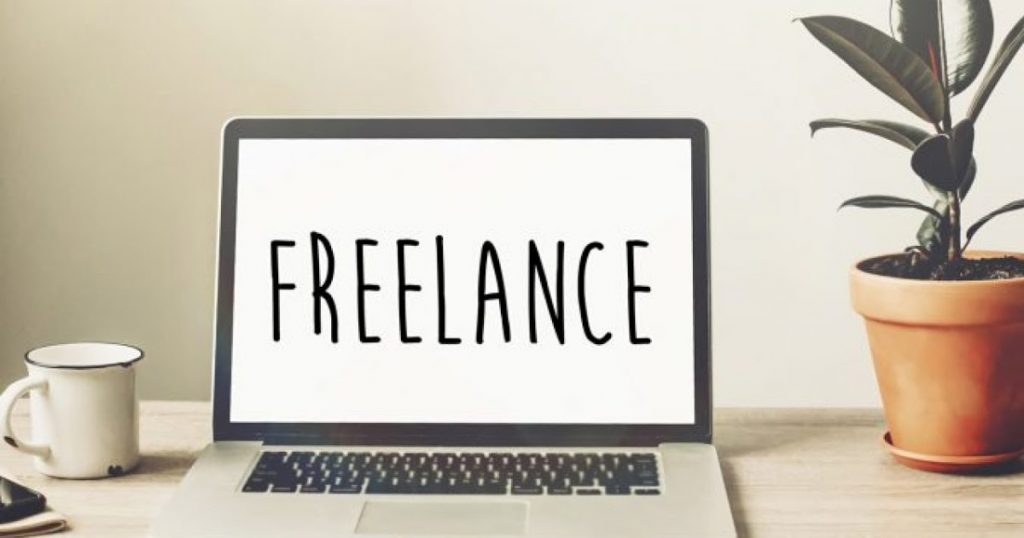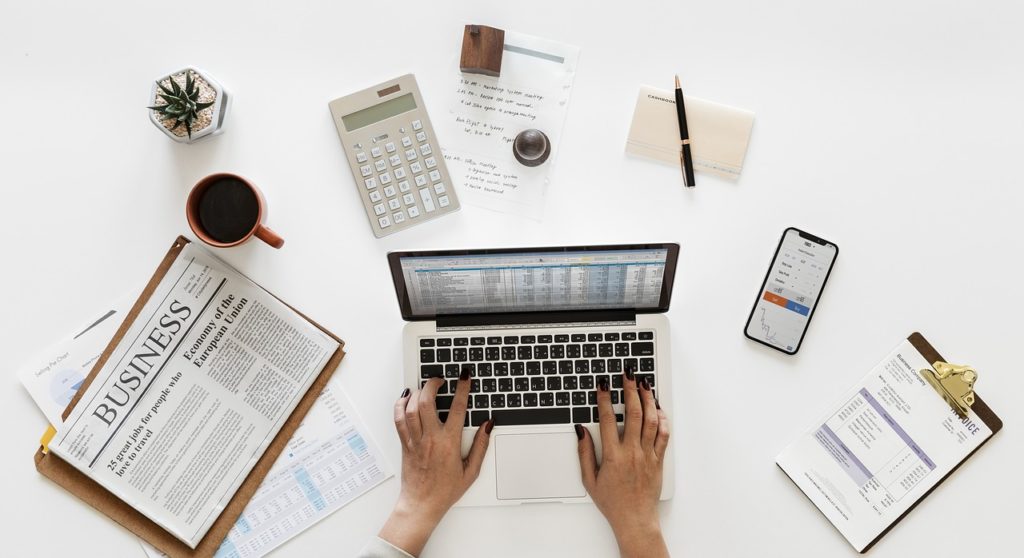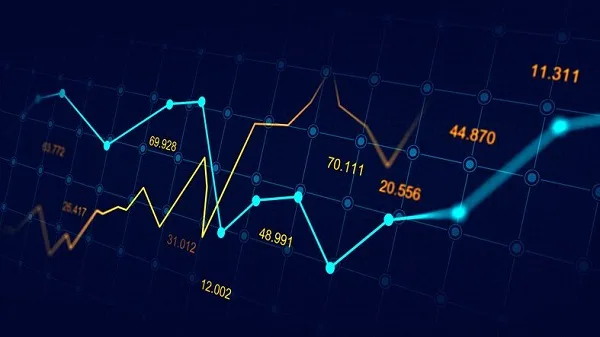Saving for the Future When You’re Self-Employed
Being your own boss is a dream for many. It enables you to have more freedom and make money for yourself, rather than for a boss who gives you a much smaller salary than you’re worth. However, it isn’t all sunshine and puppies when you’re self-employed, particularly when it comes to saving for the future.
Many self-employed people either do not have any retirement savings or they are saving in the wrong way to maximize their gains and secure their future. Here are some tips to stop you from joining them and ensure that you have as secure a future as your employed peers enjoy:
Be Realistic About Retirement
A lot of self-employed people and freelance workers hedge their bets on being able to keep on working indefinitely, and although some will be able to do this, illness and other issues will prevent a lot of people from working as long as they might think. You should always bear this in mind and plan for a sensible retirement age
Research Your Options
Before you do anything else, you should take the time to research your options. SIPP, SEP IRA, Solo 401(k) – there are several pension options out there available to the self-employed, but which ones you can make use of depends largely on what kind of self-employed you are. By doing a little research, you can work out what your options are and take things from there.

Minimize Your Tax Bill
Once you know what your options are, you need to work out how you’re going to actually save for your future. One of the easiest ways to help you set some money aside for retirement is by minimizing the amount of tax you pay. Some retirement accounts, for example, will allow you to defer paying tax on any income you put into retirement savings and some will also enable you to avoid paying tax on any gains your investments make. This coupled with using tax deductions sensibly should give you a good place to start.
Build an Emergency Fund
It might seem like a difficult thing to do alongside saving for retirement, but if you can build a personal emergency fund, then when times are tough, and you have fewer contracts coming in, you will be less likely to stop paying towards your retirement – something which is certainly tempting but will only leave you worse off in the long run.
Set Up an IRA
Whether you’ve set up any other retirement accounts or not, it’s definitely a good idea to look into getting an IRA for a number of reasons. Not only are they very easy to set up, but they work well for people living on flexible incomes, and you can build up a significant chunk of savings without having to pay any tax. When you’re working with a lower level of security, this is definitely something that’s going to help.
See a Financial Adviser
Last, but by no means least, consider seeing a good financial adviser, who will be able to look at your self-employed situation and make accurate recommendations to help you maximize your savings for the future.



